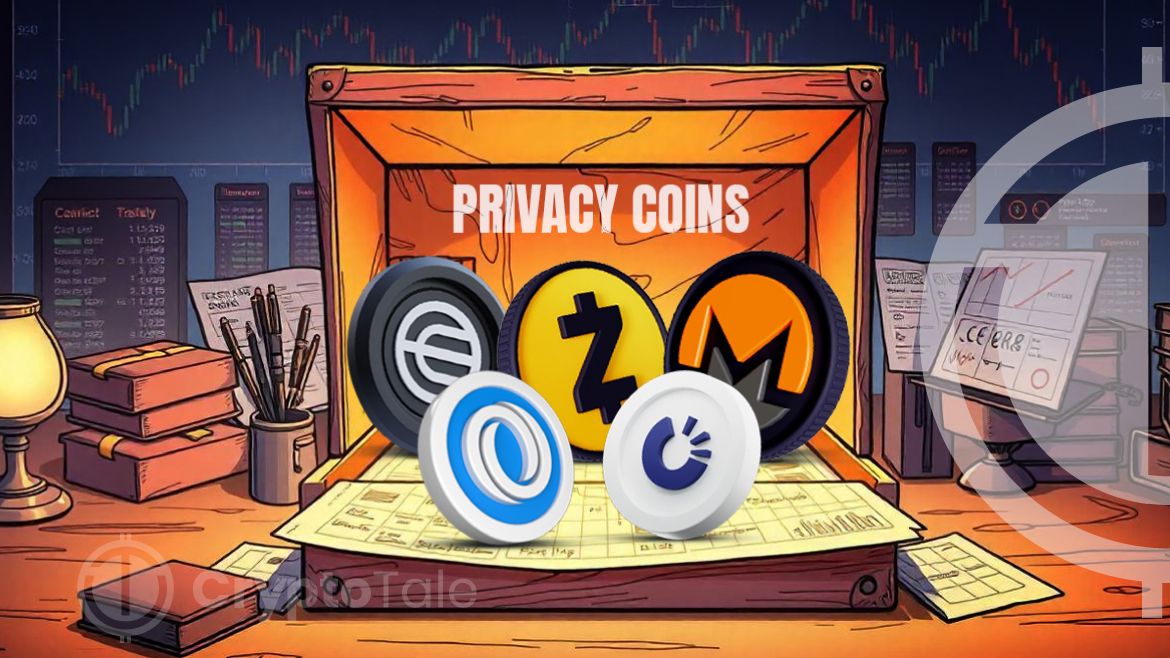- A prominent Bitcoin critic, Senator Bob Menendez, faces Federal bribery charges, casting doubt on his political career.
- Allegations of ‘corrupt relationships’ and lavish bribes overshadow Menendez’s role as Chairman of the Foreign Relations Committee.
- Menendez’s past Bitcoin criticism contrasts with his bribery charges, highlighting the need for transparency in the cryptocurrency ecosystem.
In a stunning turn of events, United States Senator Bob Menendez, a prominent Democrat from New Jersey and a vocal critic of Bitcoin (BTC), finds himself indicted by a Grand Jury on serious Federal bribery charges. The accusations overshadow Menendez’s pivotal role as Chairman of the Foreign Relations Committee, revealing questionable associations with businessmen from his home state.
According to a recent report, the indictment alleged that Senator Menendez maintained a “corrupt relationship” with three individuals, leveraging his political office to shield them and profit from connections to North Africa, particularly Egypt. Shockingly, the bribes in question encompassed an array of assets, including cold, hard cash, solid gold bars, mortgage payments, compensation for a dubious job, a high-end vehicle, and various other valuables.
In a recent Twitter post, renowned crypto analyst Max Keiser has dubbed gold as the “poor man’s Bitcoin,” igniting a debate on the roles of these assets in shaping economies. The assertion comes with a string of bold claims, including accusations that gold encourages theft, war, violence, and even excessive irrationality, likening it to figures like Peter Schiff and Nassim Taleb, both of whom reportedly declined an offer of free Bitcoin at a mere $1 per coin back in 2011.
Gold is the poor man’s #Bitcoin
— Max Keiser (@maxkeiser) September 22, 2023
It encourages thievery, war, violence & excess stupidity like Peter Schiff & Nassim Taleb (Both turned down my offer of free #Bitcoin at $1 in 2011) https://t.co/DseIDrp4ON
This legal storm brewing around Senator Menendez takes an intriguing twist when considering his outspoken opposition to the digital currency ecosystem, particularly Bitcoin. In September 2021, Menendez vehemently condemned the move by El Salvador to legitimize Bitcoin as a legal tender, asserting that it could pave the way for corruption within the nation.
Senator Menendez’s earlier statement, which warned of Bitcoin’s potential to facilitate corruption, now reverberates with a hint of irony as he faces bribery charges. While these allegations might not directly link to El Salvador’s embrace of Bitcoin, they are a stark reminder that the nascent cryptocurrency ecosystem is not immune to bad actors that could tarnish the reputation of the revolutionary technology it champions.
Nonetheless, proponents of cryptocurrencies often emphasize that blockchain technology offers inherent transparency, making it challenging for fraudulent activities to thrive. The United States Securities and Exchange Commission (SEC) and the Department of Justice have taken numerous enforcement actions in recent years, underscoring the blockchain’s capacity to trace transactions and identify wrongdoers.
As Senator Menendez’s legal saga unfolds, juxtaposing his past criticisms of Bitcoin and his present legal predicament highlights the complexities of the evolving cryptocurrency landscape. The case serves as a stark reminder that transparency and accountability are paramount for individuals and the technologies they critique in the age of digital currencies.












